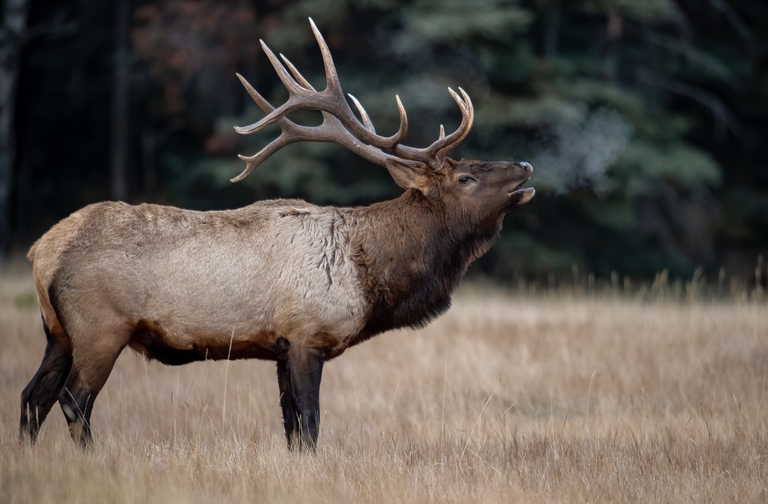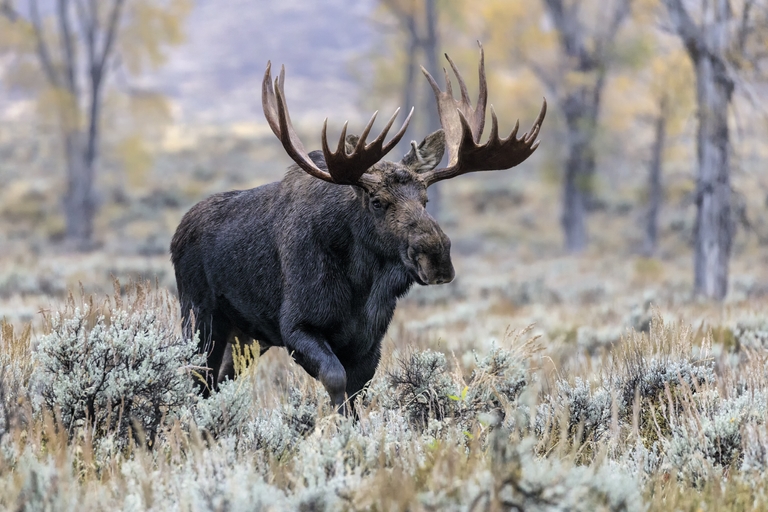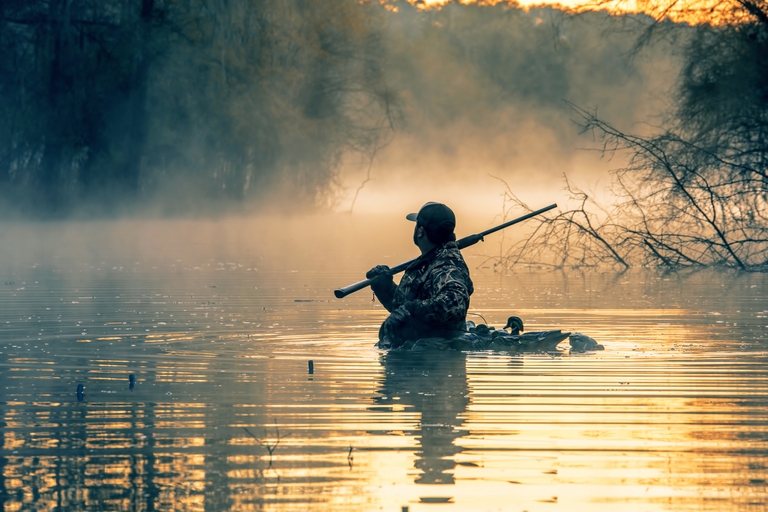How to Get Landowner Permission to Hunt, Pennsylvania Hunters

It's no secret that hunting on private land is like hitting the jackpot for a Pennsylvania hunter. With more room to roam, you can escape the crowds.
The catch is that getting permission from landowners feels intimidating — until you know how.
In this guide, we'll go over how to get landowner permission to hunt, Pennsylvania hunters, and prepare you for hunting season. By the end, you'll feel confident about reaching out and securing access to private land.

Why Landowner Permission Matters
Securing permission is obviously the ethical thing to do, but it's also the law.
Pennsylvania requires all hunters to have explicit permission before hunting on private property. Without it, you'll face fines, license suspensions, or criminal charges. Getting permission first protects both you and the landowner from any potential conflicts.
Respecting private property benefits you in the long run. Establishing positive relationships with landowners means you're more likely to enjoy repeat access. It gives you future chances to hunt the property by building mutual trust and respect within your community.
Understanding Pennsylvania's Hunting Laws
Understanding Pennsylvania's trespassing and private land hunting laws starts by knowing the state clearly distinguishes between private and public land.
On private property, hunters must have permission from the landowner. According to the law, it doesn't have to be written permission, but I recommend that you have it in writing.
According to the Pennsylvania Game Commission guidelines, you must know the boundaries and "clearly understand" where you have permission to hunt. The goal is for Pennsylvania landowners and hunters to collaborate through incentive programs, like the ones linked below, to create sustainable hunting opportunities that benefit hunters and wildlife.

How to Ask Landowners for Permission to Hunt
Not everyone is comfortable approaching strangers, but remember you have a shared goal. Here are a few tips for approaching landowners respectfully when asking for permission to hunt their land.
Making the First Contact
The best way to ask landowner for permission to hunt is usually through a face-to-face conversation. It's like any other business introduction. Be polite, explain briefly what you are there for, and make the ask to close the deal.
If approaching in person isn't possible because they aren't residents of the land, a well-letter letter or neighborly phone call is also acceptable.
Whether in person or remotely, be clear about what you plan to hunt, your intended hunting season, and any equipment you'll use. Express your caution, and include a list of hunter safety courses you have completed.
The more transparent you are, the more comfortable the landowner will feel with your request.
Communicate Clearly and Courteously
Rule one is all about remaining polite and professional. You're the one who needs to use their property, so remember to respect their point of view. Give them room to voice their concerns, and don't be defensive while you're answering any questions.
A landowner might be hesitant at first, and that's okay. If they need more information or time, patiently provide it without pressuring them.

Key Points to Include When Asking for Permission
What should you say? Here are a few tips on how to ask landowners for permission to hunt. Use them naturally in conversation.
Explain Your Hunting Plans Clearly
When approaching a landowner, clearly communicate details about your intended hunt.
- Go over the equipment and tactics you'll use.
- Explain how you would be considerate of their property.
- Be specific about boundaries and explain your reasoning.
Sharing these details helps build trust and reassures the property owner you're responsible and safety-conscious.
Emphasize your commitment to hunting responsibly by mentioning you'll be wearing blaze orange or using a tree stand safely.
Offer to Help with Land Management
Offering to assist with land management is your ace in the hole.
Landowners need help maintaining trails, clearing roads, and removing invasive plants or predators. Offering your help makes your request beneficial to them and demonstrates your appreciation for the landowner's generosity.
You can turn a request into a win for you both.
Why Landowners Might Say No
Despite your best efforts, a landowner may decline your request. Understanding their perspective can still help you. Respond graciously to keep the door open for future use.
The owner might be concerned about privacy, liability issues, and property damage. Some landowners may already have hunting arrangements or prefer preserving wildlife on their land.
When a landowner declines, just thank them politely and express your understanding. You'll leave a good impression, and you may eventually get a call from them a year or two later.

Building Trust and Keeping Relationships Strong
Your actions after getting permission will make or break any future opportunities.
- Stick to the agreed boundaries, hunting times, and any specific rules they've established.
- Remember all the little things, like picking up litter.
- Be sure to report any issues on the property.
Demonstrate your respect and build goodwill. Remember to express your gratitude regularly, even after the hunting season ends. I always send a thank you note and an offer to give them some meat.
Staying in touch year-round shows sincerity, strengthens trust, and makes future hunting requests easier.
What Are Your Options if Permission is Denied?
If you can't secure landowner permission to hunt in Pennsylvania, explore other opportunities. Pennsylvania has a lot of public hunting areas managed by the Pennsylvania Game Commission.
Joining a local hunting club can also provide access to private land through memberships or lease agreements. These clubs offer structured, consistent access to prime hunting grounds. You'll pay for membership, but you'll also make new friends and contacts.
Hunting Etiquette: What to Avoid
Some of this seems obvious, but it's worth mentioning.
Never argue or pressure a landowner if they decline your request. This will permanently damage your chances of future access — and rural neighbors talk.
Respect boundaries to a fault. Even if land appears unused or remote, never assume it's acceptable to hunt without explicit permission. Your reputation will follow you.
Use Resources for Pennsylvania Hunters
How can you find private land to hunt?
The Pennsylvania Game Commission has established the Hunter Access Program. It's a go-to resource for anyone wondering how to get landowner permission to hunt Pennsylvania private land.

Get Landowner Permission to Hunt Pennsylvania Hunt Areas (and Stay Safe)
Getting permission from a landowner starts with building trust, respecting property, and being a considerate hunter. By clearly communicating your tactics, respecting the landowner's rights, and staying polite, you'll better your odds of getting that coveted permission.
In addition to permission to hunt land that can help you tag out this season, make sure you've met the state's requirements for hunter education. Taking a hunter safety course through Hunter-Ed ensures you know the latest on Pennsylvania's public and private land regulations, and course completion gives landowners confidence in your ability and commitment to being a responsible hunter.
Stay safe when hunting private land this season! Take the Hunter-Ed course for Pennsylvania before your hunt.

HuntWise map layers include boundary lines so you know if you're on public vs. private land. The app also includes public record contact information so you can reach out to landowners and start building relationships.
Hunter-Ed students who complete the course and pass the exam can claim a 30-Day Free Trial of HuntWise! To take advantage of this free offer, visit your student dashboard.






